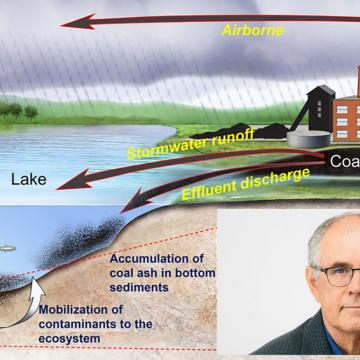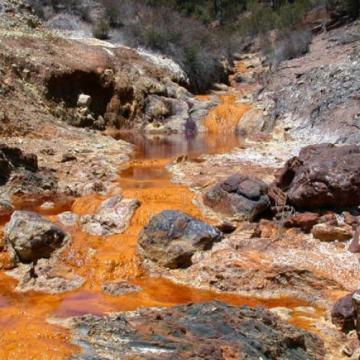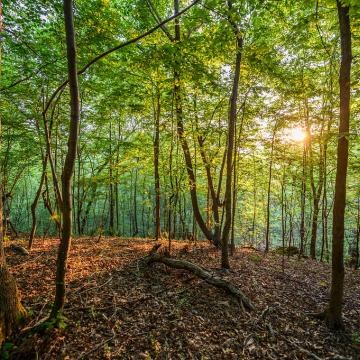-
NewsA Duke Forest tour featured research from the SEEDS Lab.
-
NewsMeet the Doyle Lab, learn more about its research focus, a lab member's experience in the lab and the opportunities the lab offers Duke students.
-
NewsModeling experiments show Pacific warm and cold patches persisted even when continents were in different places
-
NewsEighteen emerging leaders from water and wastewater utilities across the United States have been selected as 2024-2025 Fellows of the Nicholas School for the Environment at Duke University’s Water Innovation Leadership Development (WILD) Environment+ program.
-
NewsReforestation in low- and middle-income countries can remove up to 10 times more carbon dioxide from the atmosphere at lower cost than previously estimated, making it a potentially more effective option to fight climate change.
-
NewsAn international team of scientists has revealed high levels of toxic metals in global phosphate fertilizers using a variant of the element strontium to uncover such metals in soil, groundwater and possibly the food chain.
-
NewsExchangeable manganese cuts carbon storage in boreal forests
-
NewsMeet the Vengosh Lab, learn more about its research focus, PhD students' experience in the lab and the opportunities the lab offers Duke students.
-
NewsHard water is contaminated with glyphosate complexes in Sri Lankan communities plagued by chronic kidney disease
-
NewsPeople in areas where drinking water is contaminated with PFAS often want to know their PFAS blood levels but have trouble gaining access to reliable testing, which traditionally involves having their blood drawn by a medical professional.
-
NewsTwo-year effort quantifies water affordability challenge, offers recommended solutions
-
NewsDuke experts discuss how the legislation spurred environmental progress in America
-
NewsToxins in lake bottom may become available to food web
-
NewsMixing toxic coal ash into acid mine drainage may sound like an odd recipe for an environmental solution, but a new Duke University-led study finds that it can neutralize the drainage’s dangerously low pH and help reduce harmful impacts on downstream ecosystems—if you use the right type of ash. Using the wrong type of ash can create new contamination and not tame the drainage’s extreme acidity.
-
NewsThe sustainability of North American forests depends on trees’ ability to produce seeds and seedlings that can survive and grow in a changing climate. A new Duke University-led research initiative with more than $2 million in funding from the National Science Foundation aims to help boost their odds of success.














